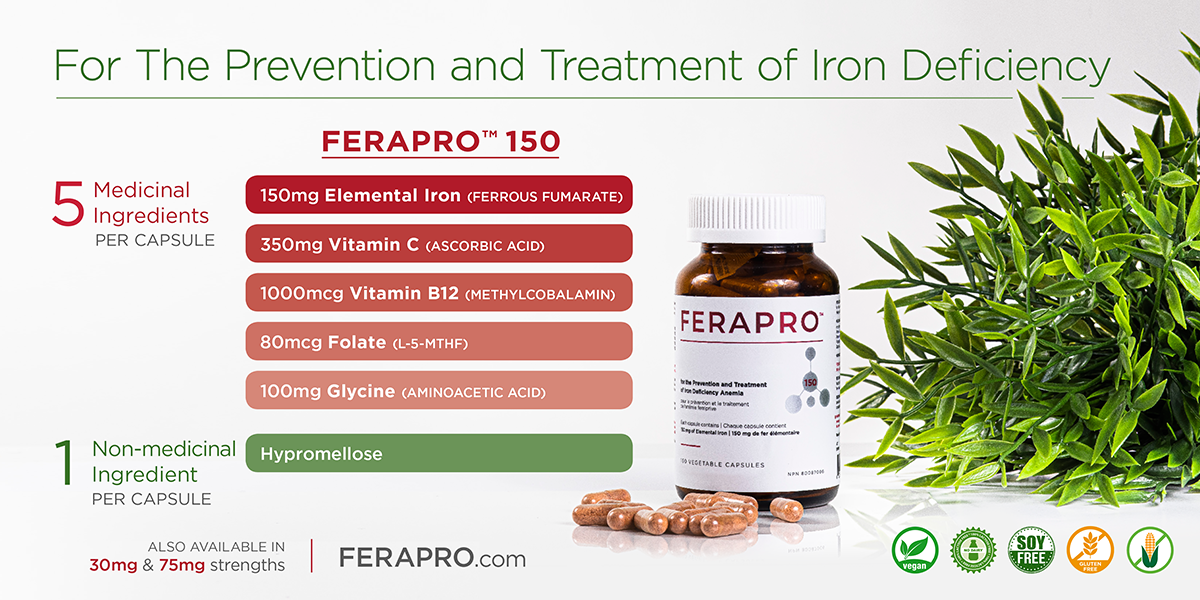The Canadian Pharmacists Association holds regular meetings with the federal government as part of bilateral discussions. The Tablet spoke with Annette Robinson, former BCPhA President and current Chair of the CPhA to learn more about the national association’s advocacy efforts.
Robinson and CPhA public affairs vice president Joelle Walker recently met with federal Minister of Health Mark Holland on Sept. 4 to discuss several issues important to pharmacists across Canada.
Robinson said the meeting covered five topics: regulation of smoking cessation products and nicotine pouches, national pharmacare, controlled substance regulations, the issue of third-party payers and a new pharmacy transaction fee planned for the federal PrescribeIT software.
The first topic was about an Aug. 22 ministerial order that reduced access to nicotine replacement therapy products by restricting products such as nicotine pouches to be sold by pharmacies, prohibiting some products with flavours, in addition to requirements for new addiction warnings. Robinson said that B.C. had already implemented similar restrictions in February this year through an amendment to the Drug Schedules Regulation and that the CPhA’s position is that the change is a positive one that helps keep nicotine products out of the hands of minors.
One area the CPhA is looking to gain ground on is the topic of national pharmacare. Robinson said the CPhA had advocated for universal mixed-payer pharmacare for all Canadians, but so far, pharmacists have not had enough say in its implementation.
For example, the Advisory Council on the Implementation of National Pharmacare, which wrote the report recommending a universal, single-payer, public system of prescription drug coverage in Canada, didn’t include a pharmacist. The CPhA’s position, Robinson said, is that pharmacists should be at the table, that the national plan preserves the private health insurance industry, and that pharmacy services, in addition to drug coverage, should be part of the final Canadian drug plan.
“My take is that he was very receptive to our suggestions and felt that we were correct in wanting to have pharmacists included at these important tables where decisions are made that influence pharmacy directly,” Robinson said.
“We haven’t been able to really use our expertise to inform decisions, so our ask is that he consider that any changes that are implemented will really influence how patients are taken care of at the pharmacy counter.”
As of Oct. 10, the Pharmacare Act is now law and the federal government is expected to appoint a committee of experts who would make recommendations and options for the operation and financing of the national pharmacare program. One of the CPhA’s latest asks is that a pharmacist be included in this committee.
The CPhA then discussed the issue of third-party payers and payer-directed care, expressing its position that the importance that patients should be able to visit the pharmacy of their choice and receive coverage, rather than be restricted to pharmacies identified by their insurer. In February, the CPhA filed a formal complaint with the Competition Bureau of Canada against Express Scripts Canada, alleging the latter is exploiting its dominant position in the market and opposing its new mandatory fee for pharmacies put in place on Jan. 1, 2024. The fee, as communicated by Express Scripts in its Nov. 30, 2023 notice, charges pharmacies $25 to $200 based on the total number of claims in a billing cycle.
“We wanted to make sure Minister Holland is aware that this is a national issue, and we need to start regulation this industry before it’s too late,” Robinson said. “Pharmacy benefit managers (PBMs) cannot discriminate against a specific pharmacy or group of pharmacies, and we need to establish clear guidelines for PBM audits.”
The CPhA also touched on Controlled Drugs and Substances Act exemptions granted by the federal government during the COVID-19 pandemic that allowed pharmacists to extend and renew controlled substance prescriptions, transfer prescriptions, receive verbal prescriptions, and enable deliveries by non-pharmacists. The exemption was initially to expire in September 2021, but has since been extended to 2026.
Robinson said that many patients continue to go without a family physician or nurse practitioner, and that any new regulations should continue these exemptions in addition to reclassifying pharmacists to as practitioners who can initiate controlled substance prescriptions.
Lastly, the CPhA spoke with Minister Holland to communicate its opposition to a new 20-cent transaction fee for e-prescriptions on the federal government’s PrescribeIT platform. PrescribeIT is a national service that lets physicians send prescriptions electronically to pharmacies and is in use in multiple Canadian provinces. The new fee takes effect on Jan. 1, 2025.
Robinson said that, in all, the meeting was a good opportunity to continue the discussion about the role pharmacists can take in patient care across Canada.
“It is important for us to be at the table, especially when decisions are made that can impact the pharmacy practice,” she said. “Pharmacists are increasingly involved in more areas of patient care, and advocating for the profession is more important than ever.”

Annette Robinson is the Chair of the Canadian Pharmacists Association and a former president of the BC Pharmacy Association.
Canadian government appoints national pharmacare committee of experts
On Nov. 14, 2024, Minister Holland announced the members of the Committee of Experts who will recommend options on how to operate and finance the national pharmacare program in Canada.
One of the five committee members is pharmacist Amy Lamb, executive director of the Indigenous Pharmacy Professions of Canada.

This is a paid advertisement. For advertising inquiries, please contact michael.mui@bcpharmacy.ca
